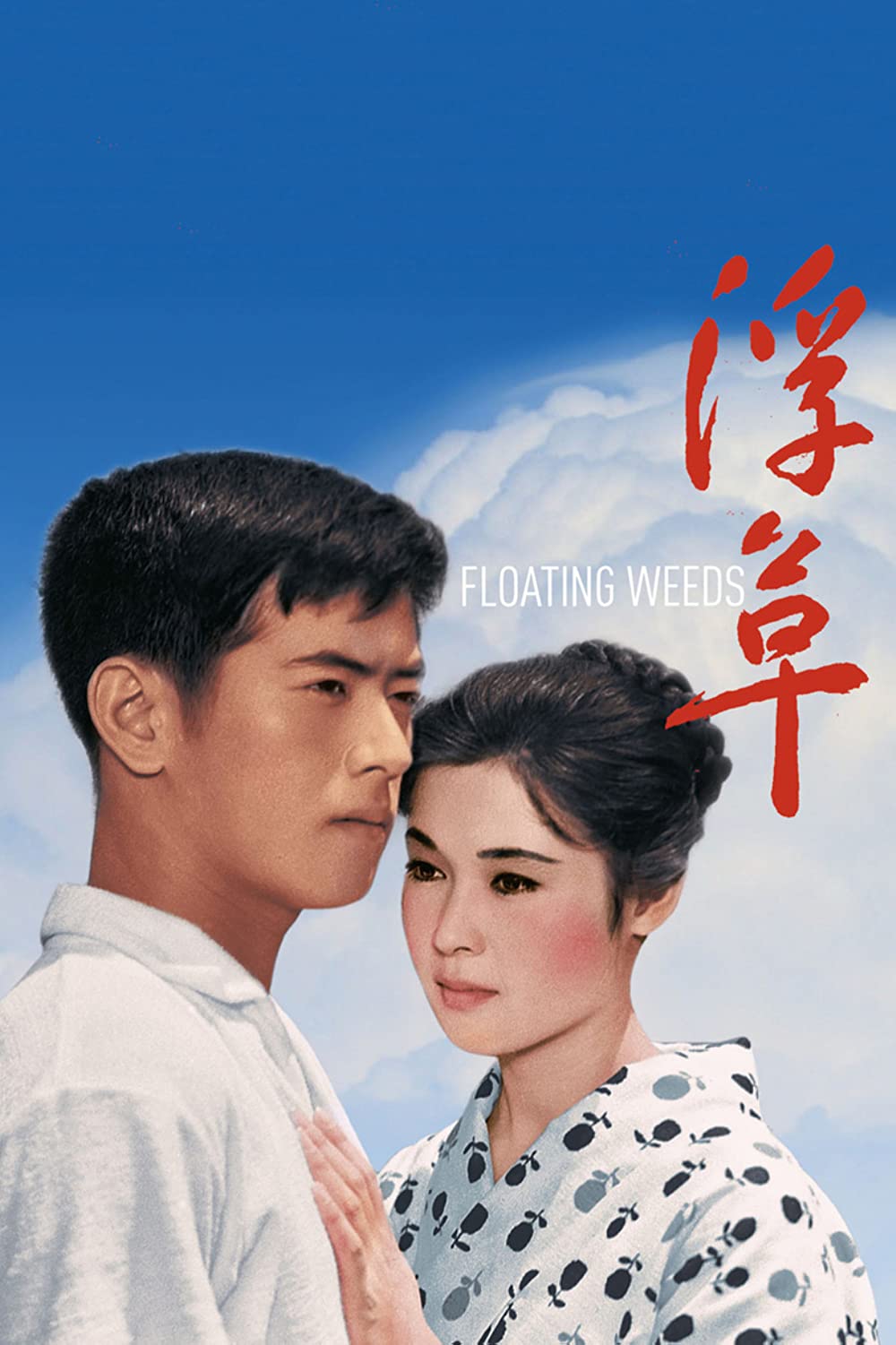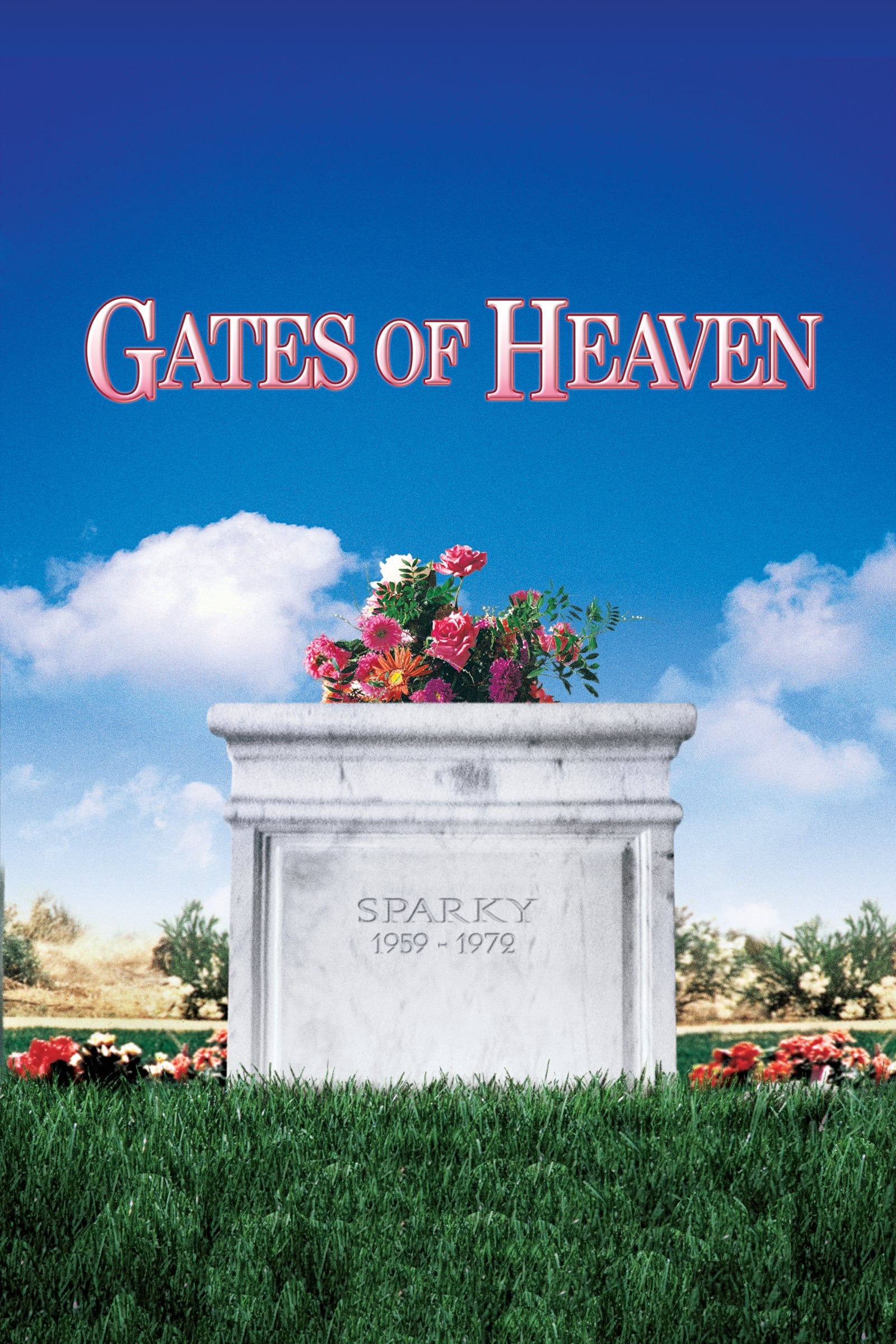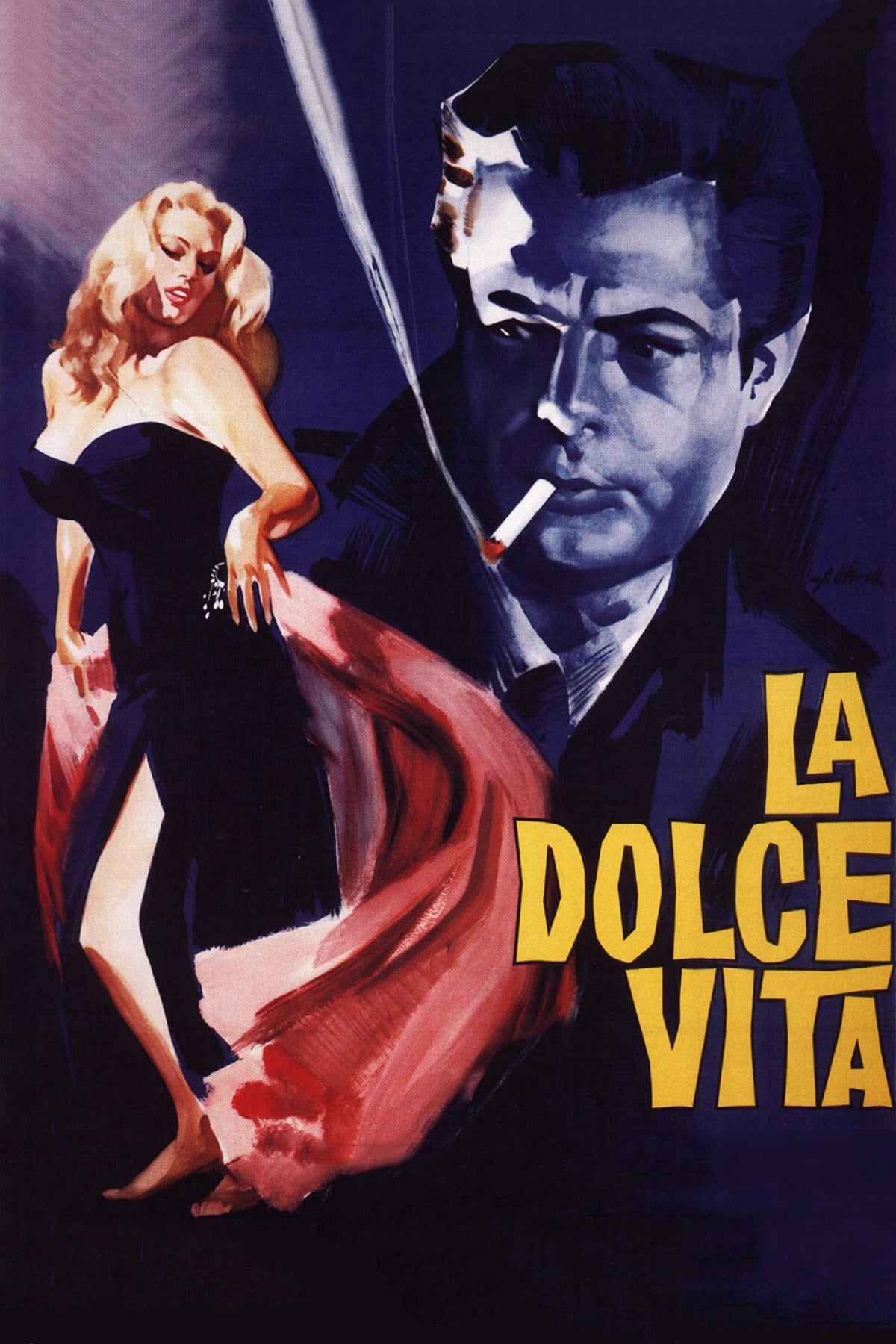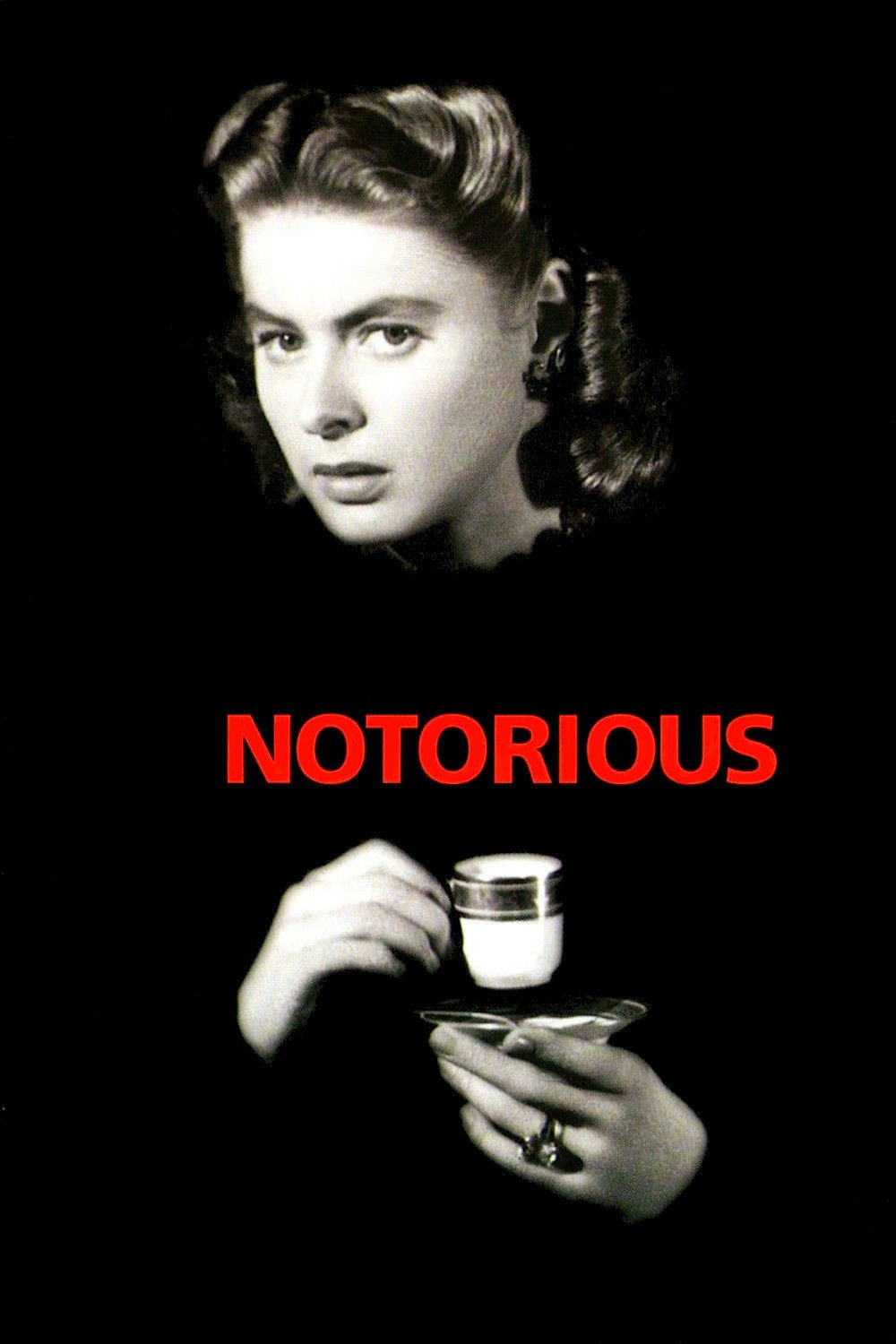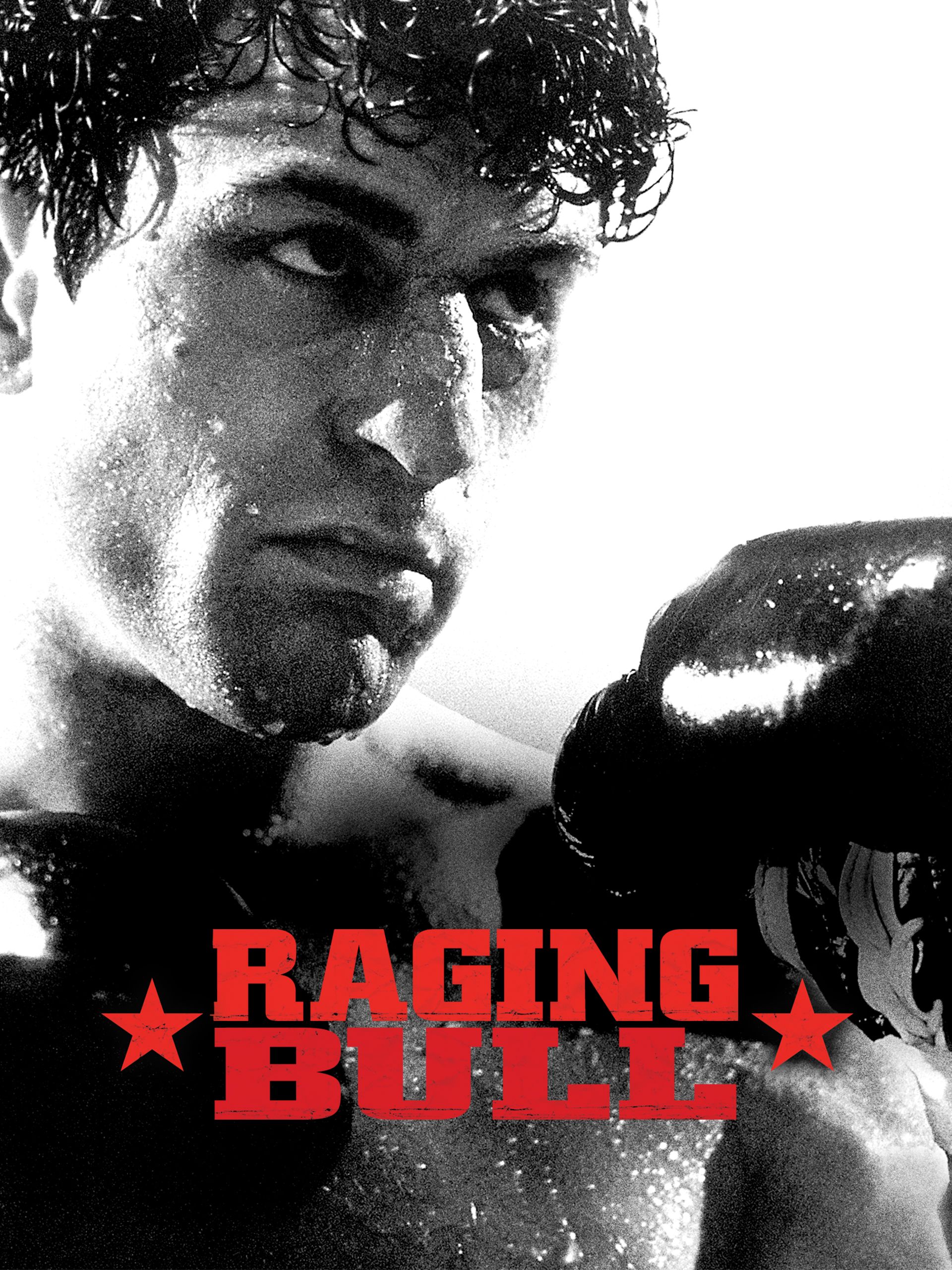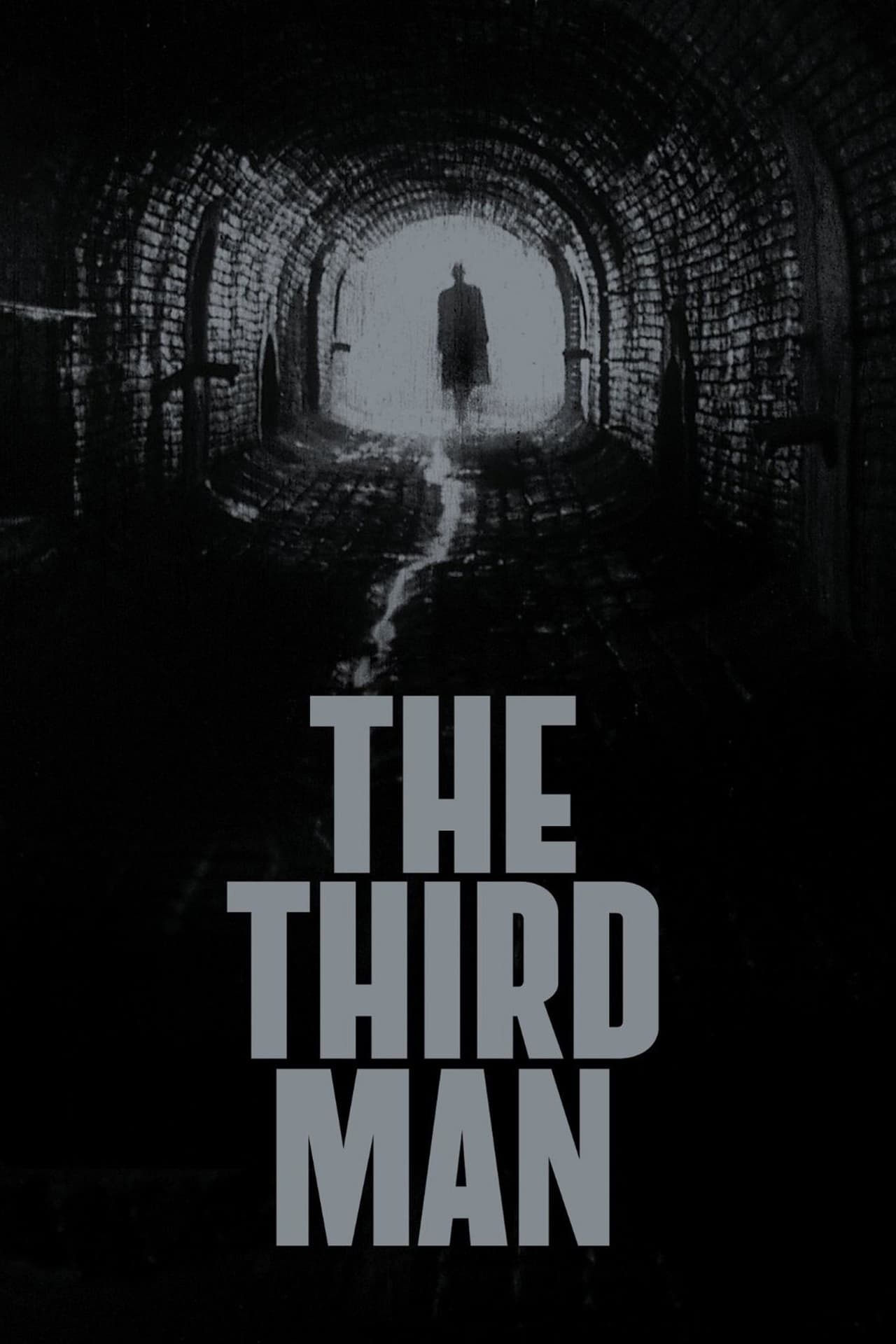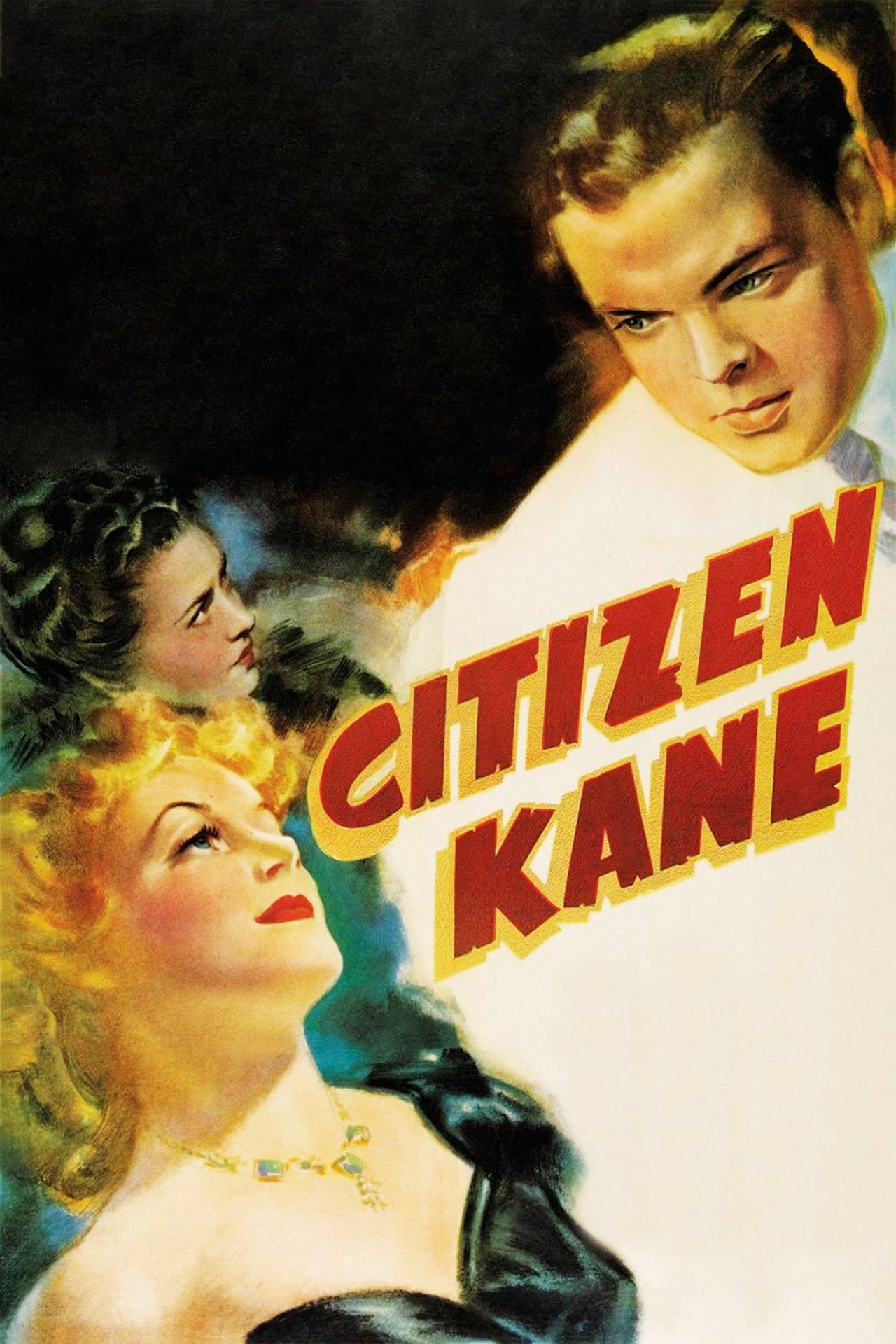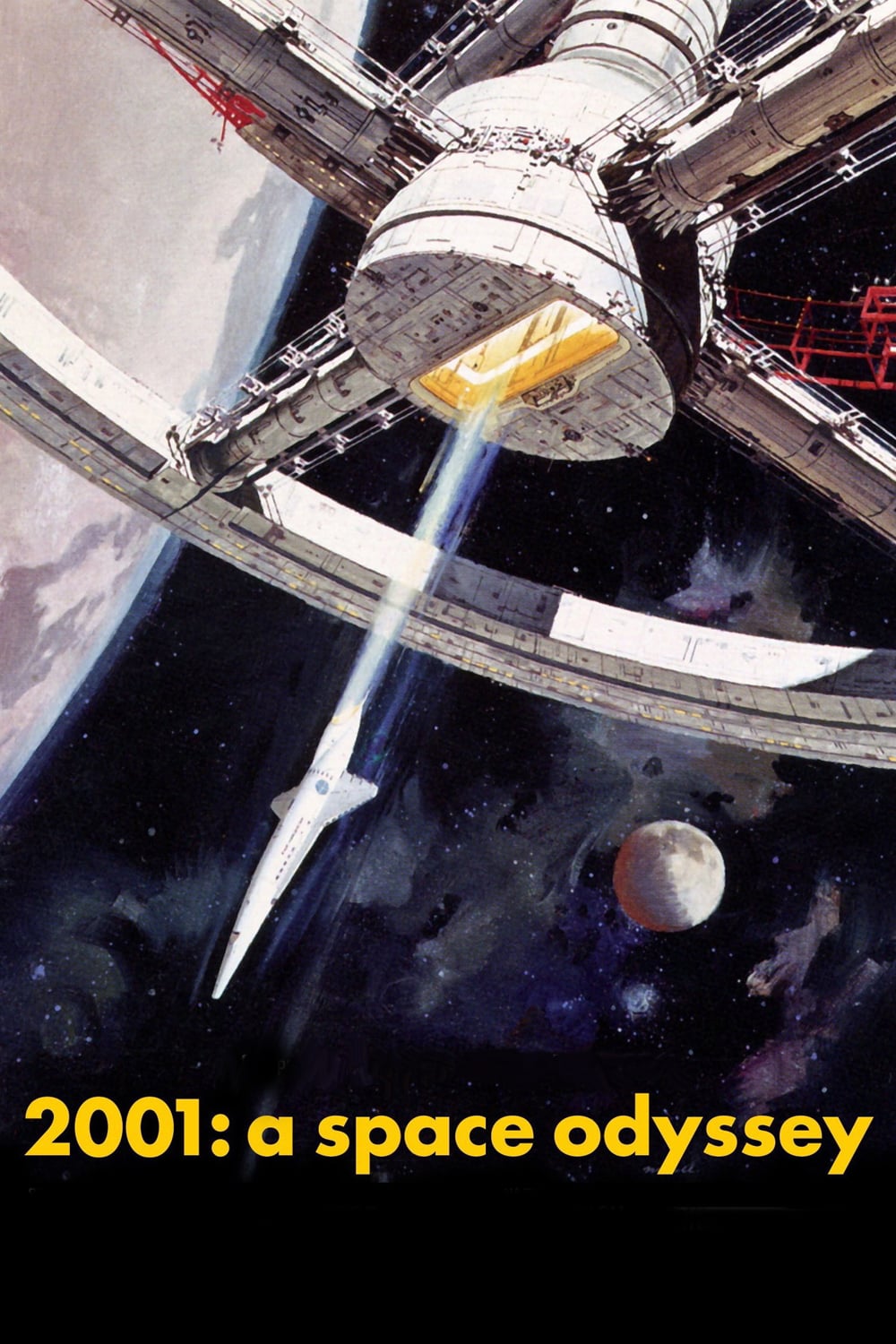Source: 10 Best Movies of All Time, According to Roger Ebert
BY ALI TESKE, PUBLISHED APR 7, 2023
Perhaps the most respected movie critic of all time, Roger Ebert is a key figure in cinema history. His widely read reviews were poignant but could be divisive, oftentimes his opinion was the one that could decide the fate of a movie. In the days before the internet, audiences looked to the newspapers for his take on the latest films.
From 1967 until his death in 2013, Ebert wrote for The Chicago Sun-Times and became the first critic to receive a Pulitzer Prize for his film criticism. Ebert's opinion matters now as much as it did then, and any dedicated cinephile would add his top ten to their watchlist.
If I must make a list of the Ten Greatest Films of All Time, my first vow is to make the list for myself, not for anybody else." – Roger Ebert
1 'Casablanca' (1942)
An iconic movie on multiple levels, Casablanca is not only a top-rated movie on Ebert's list but is currently number three on the American Film Institute's top 100 movies over 100 years. The movie features Humphrey Bogart and Ingrid Bergman as a pair of former lovers, one in desperate need of the other's help.
RELATED: 'Casablanca' Is the Best Adaptation You've Never Known AboutEbert dotes upon the film, indicating, "Stylistically, the film is not so much brilliant as absolutely sound, rock-solid in its use of Hollywood studio craftsmanship." Casablanca earned its due as Best Picture in 1944.
2 'Citizen Kane' (1941)
Citizen Kane is a movie that continues to age and retain its status as one of the best movies of all time, currently number one on AFI's list. Directed by Orson Welles, this movie tells the story of a group of reporters desperate to decode the final words of publishing tycoon Charles Foster Kane (Welles).
In a wild original story of the Hollywood dream, Ebert wonderfully points out, "It is one of the miracles of cinema that in 1941 a first-time director; a cynical, hard-drinking writer; an innovative cinematographer, and a group of New York stage and radio actors were given the keys to a studio and total control, and made a masterpiece."
3 'Floating Weeds' (1959)An excellent international feature film, Floating Weeds flies mostly under the radar when it comes to mainstream attention. It is a story about a who returns to the small town where he left his son and attempts to make up for the missed years while the child remains under the assumption the man is his uncle.
Ebert recognized that many viewers had probably never seen or heard of the film or director Yasujirô Ozu. Speaking highly of this feature, Ebert said, "Ozu fashioned his style by himself, and never changed it, and to see his films is to be inside a completely alternative cinematic language."
4 'Gates of Heaven' (1978)
Referring to director Errol Morris, Ebert said, "He has made a film about life and death, pride and shame, deception and betrayal, and the stubborn quirkiness of human nature." Gates of Heaven is a documentary about a pet mortician and the animals he's buried in a California pet cemetery.
RELATED: 15 Great, Underrated Movies Recommended by Roger Ebert
No matter if it's a documentary or a feature film, sharp and meaningful storytelling always caught Ebert's eye. While a different direction than other narratives reviewed by the legendary critic, Gates of Heaven speaks to pet owners and their experiences.
5 'La Dolce Vita' (1960)
An Oscar winner, La Dolce Vita is a romanticized tale of a week's worth of stories for a tabloid journalist living in Rome. It secured one golden statute for Best Costume Design, yielding three other nominations. The film stars Marcello Mastroianni and Anita Ekberg as its leading duo and is directed by Federico Fellini.
Like any good film study, Ebert's review and praise encourage viewers to look beyond the surface popularity or scandal of the film's release and understand what it's trying to say. As he discussed re-watching the film almost once a decade, Ebert explained how his vantage point in life shifted his view of the film, concluding, "There may be no such thing as the sweet life. But it is necessary to find that out for yourself."
6 'Notorious' (1946)
Adding another iconic director to the greatest of all time, Notorious was Alfred Hitchcock's ticket to Ebert's heart. A drama starring Hollywood royalty Cary Grant and Ingrid Bergman, the movie is about a woman sent to gather intelligence from a ring of Nazi scientists in South Africa.
Ebert's review revels in Hitchcock's ability "to pluck the strings of human emotion — to play the audience." Among a large, famous filmography for the director, Notorious lives up to its name.
7 'Raging Bull' (1980)
The film that perhaps knocked Taxi Driver off Ebert's top ten list, Raging Bull is one of the best boxing movies of all time. Starring as real-life boxer Jake La Motta, Robert De Niro portrays the middleweight champ's dominating, violent force inside the ring with a destroyed mess of a life once the gloves come off.
Ebert commends the cinematic artwork led by director Martin Scorsese, from the black-and-white aesthetic choice to the overall production. The feature is an adaptation of La Motta's autobiography, earning eight Oscar nominations and two wins.
8 'The Third Man' (1949)
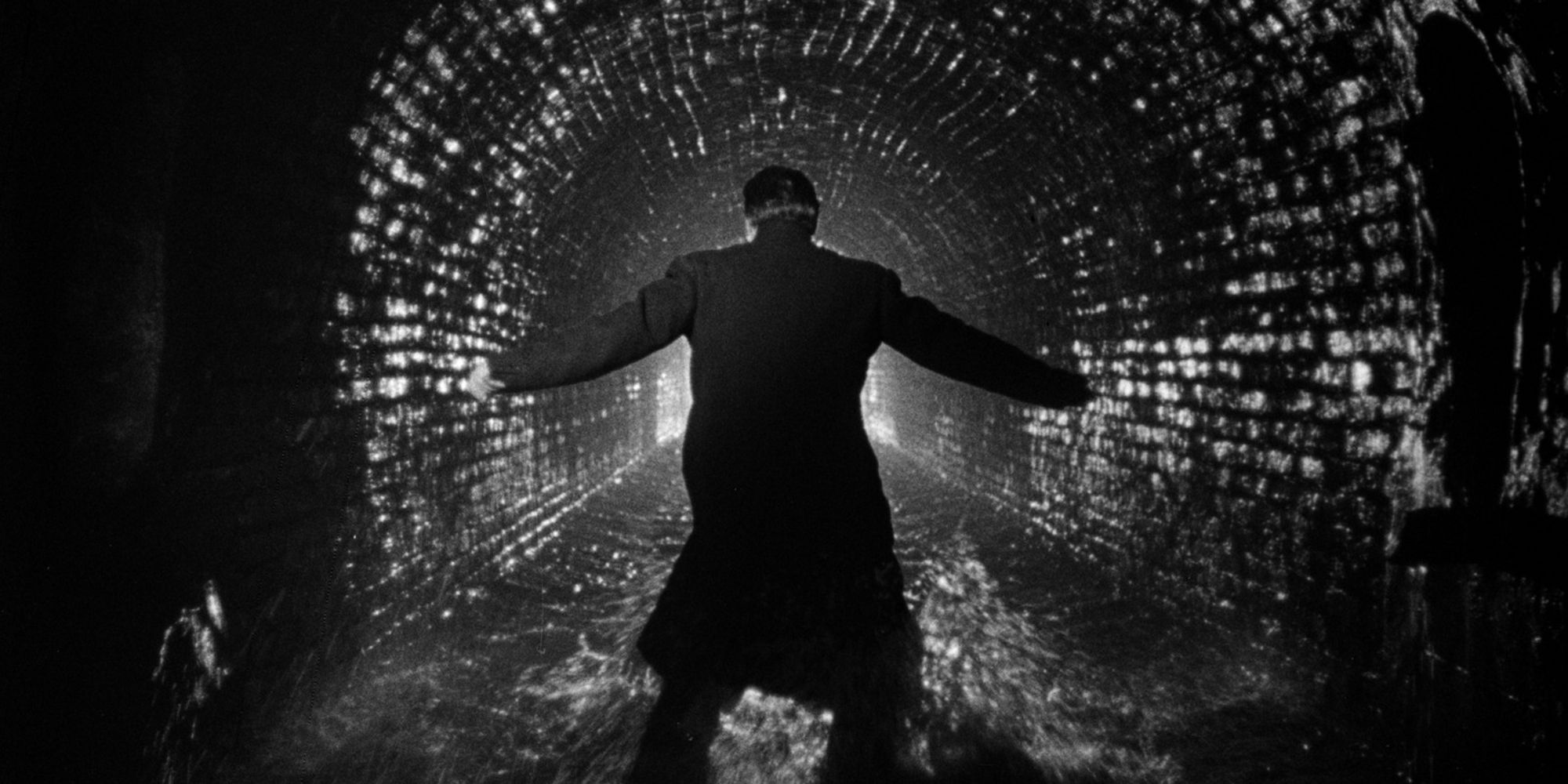
One of IMDb's top-rated films, The Third Man is also within Ebert's choices. A mystery, this film-noir tells the story of Holly Martins (Joseph Cotten) in postwar Vienna as he investigates the death of his friend Harry Lime (Orson Welles). This cinematic masterpiece captured not only the heart of Ebert but new audiences for decades.
RELATED: 10 Hidden Gems In The Criterion Collection
In his review, Ebert details the physical cinematic experience he encountered when he saw the movie, capturing the importance of how the movie-going experience is still so important no matter where you are in the world. "This movie is on the altar of my love for the cinema," he said.
9 '28 Up'
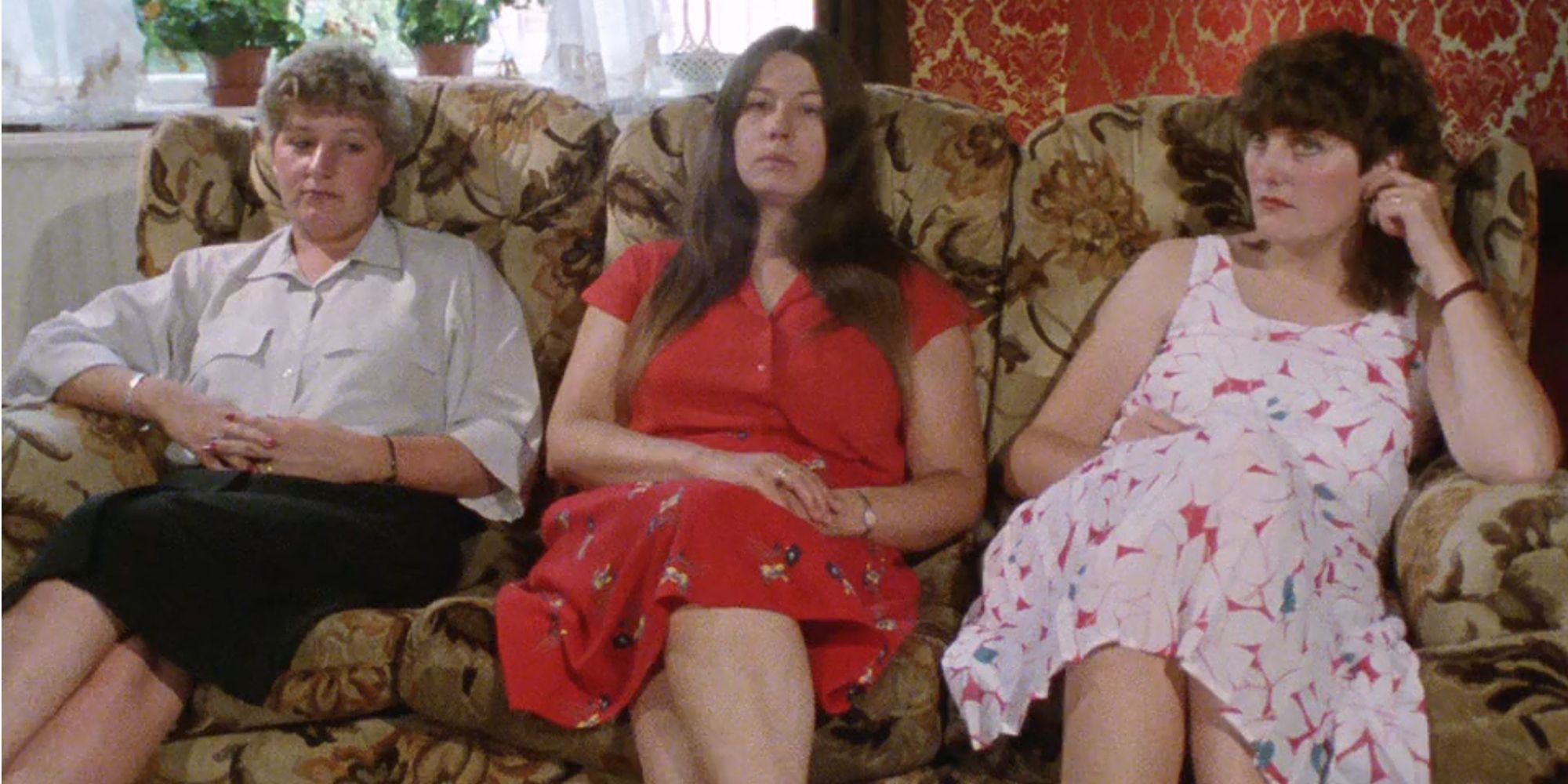
Another documentary audiences may not be familiar with, 28 Up is a biographical piece in which director Michael Apted interviews the same group of British adults several seven-year wait periods. With over two hours in runtime, it's a longer documentary, but worth the watch to see the evolution of these subjects over almost 30 years time.
28 Up is a prime example of how filmmaking can bridge time, according to his testimonial on the film. Apted's experiment was like nothing audiences or Ebert had seen at the time. The fictional 2014 Boyhood perhaps may have given this title a run for its money on Ebert's list.
10 '2001: A Space Odyssey' (1968)
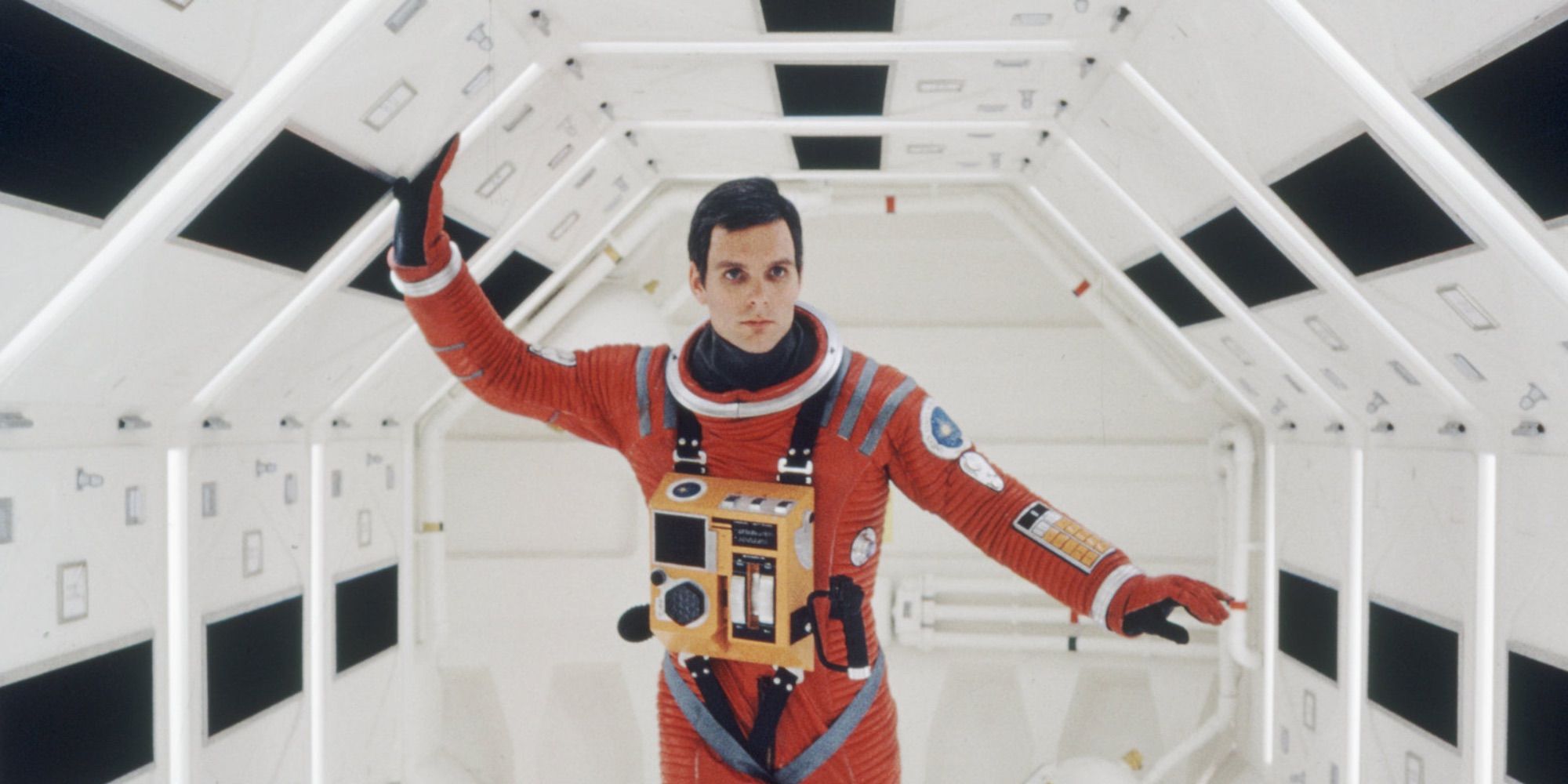
Iconic, top-rated, foundational…all descriptors that apply to 2001: A Space Odyssey. Directed by Stanley Kubrick, this sci-fi film takes audiences through space and time as a spaceship, operated by two men and an AI computer named H.A.L 9000, is sent to Jupiter to understand a mysterious artifact.
The Oscar winner for Best Visual Effects, 2001: A Space Odyssey set the bar for where technology was headed in cinematic storytelling. Ebert referred to the film as "a landmark of non-narrative, poetic filmmaking, in which the connections were made by images, not dialog or plot."
KEEP READING: 9 Movies Roger Ebert Hated, But Audiences Loved
